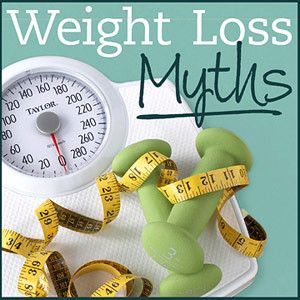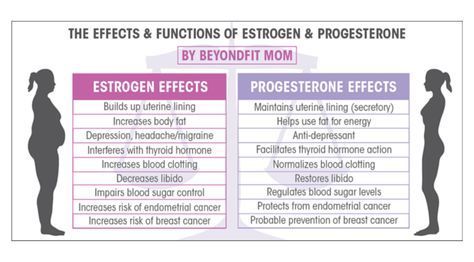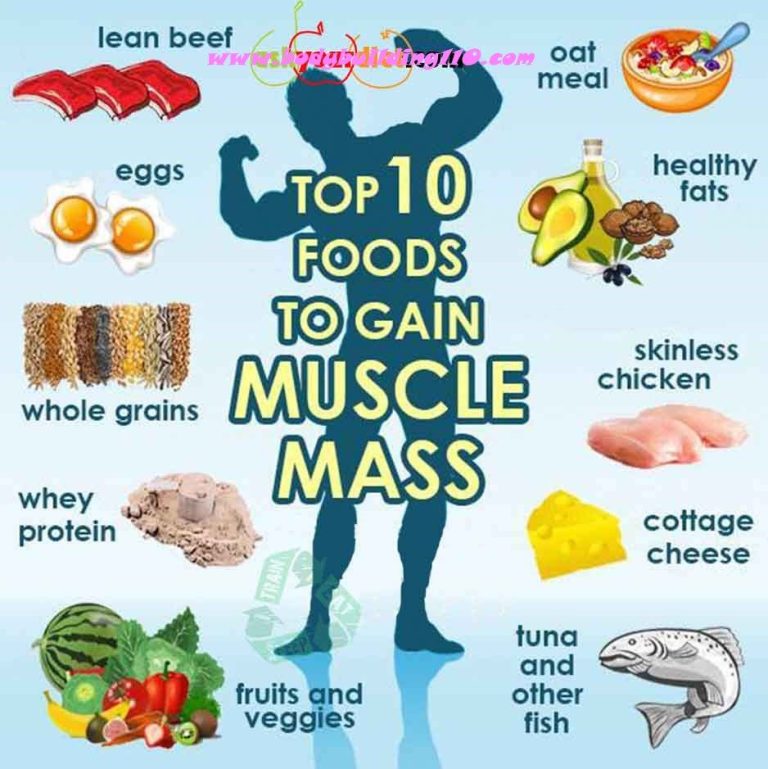When it comes to weight loss, there are countless myths floating around. People often fall victim to these misconceptions, leading them to adopt ineffective and sometimes dangerous methods for shedding pounds. It’s time to separate fact from fiction and debunk some of the most prevalent weight loss myths.
Myth #1: Skipping Meals Helps in Losing Weight
One common myth is that skipping meals, especially breakfast, can aid in weight loss. However, this is far from the truth. Research has shown that skipping meals can actually lead to weight gain in the long run. When you skip a meal, your body goes into starvation mode, slowing down your metabolism to conserve energy. This can result in overeating later in the day and making unhealthy food choices.
Myth #2: All Carbohydrates Are Bad for Weight Loss
Carbohydrates often get a bad rap when it comes to weight loss, but it’s important to differentiate between “good” and “bad” carbs. Whole grains, fruits, and vegetables are nutrient-dense and provide essential fiber, while refined grains and sugary snacks offer little nutritional value. Instead of completely cutting carbs from your diet, focus on choosing healthier options and practicing portion control.
Myth #3: Eating Fat Makes You Fat
For years, the idea that consuming dietary fat leads to weight gain has been deeply ingrained in our minds. However, not all fats are created equal, and some can actually help with weight loss. Healthy fats found in foods like avocados, nuts, and olive oil can boost satiety and promote a balanced diet. On the other hand, consuming excessive amounts of unhealthy fats, such as trans fats and saturated fats, can lead to weight gain and adverse health effects.
Myth #4: Doing Crunches Will Give You a Flat Stomach
Sure, crunches can help strengthen your abdominal muscles, but they alone won’t give you a flat stomach. Spot reduction, the idea that you can burn fat from a specific area of your body, is a pervasive myth. Instead, focus on incorporating whole-body exercises, cardiovascular training, and a healthy diet to reduce overall body fat and achieve a flatter stomach.
Myth #5: Supplements Are a Magic Solution
The weight loss supplement industry is a multi-billion dollar market, with companies promising quick and effortless results. However, the reality is that no pill or powder can replace a healthy lifestyle. While some supplements may provide a slight boost, they should not be relied upon as a sole method for losing weight. Sustainable weight loss comes from adopting a balanced diet, regular physical activity, and making lifestyle changes.
Myth #6: All Calories Are Created Equal
While calorie counting can be an effective tool for weight loss, it’s important to remember that not all calories are created equal. The source of your calories matters. Consuming 100 calories from a sugary drink will affect your body differently than 100 calories from a piece of salmon. Focus on nutrient-dense foods that provide essential vitamins and minerals rather than empty calorie foods.
Myth #7: Eating After 8 p.m. Causes Weight Gain
It’s a common belief that eating late at night leads to weight gain. However, weight gain is ultimately determined by the total number of calories consumed throughout the day rather than the time of day you eat. What matters most is the quality and quantity of the food you consume. Mindful eating and portion control are key factors in maintaining a healthy weight, regardless of the time.
Myth #8: You Have to Cut Out Your Favorite Foods
Many people believe that they have to eliminate their favorite foods completely in order to lose weight. This restrictive mindset often leads to feelings of deprivation, making it difficult to stick to a long-term healthy eating plan. Rather than completely cutting out your favorite foods, focus on moderation and portion control. It’s possible to enjoy your favorite treats occasionally while still achieving your weight loss goals.
Conclusion
Weight loss is a topic that is often clouded by misinformation and myths. By debunking these commonly believed weight loss myths, individuals can make more informed decisions about their health and weight loss journey. It’s crucial to rely on evidence-based information and consult with healthcare professionals to develop a sustainable and effective approach towards weight loss.






